At the same time, a wave of sensational, offensive, and distorted videos spread rapidly online, quietly affecting the awareness and behavior of young people.
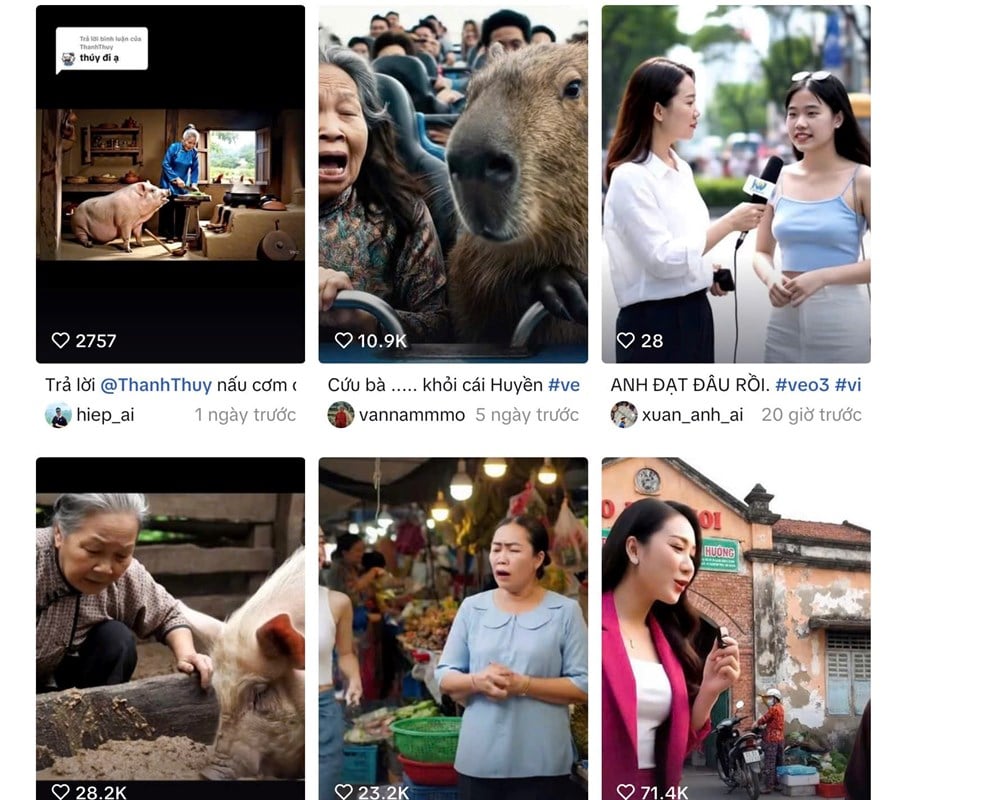
Danger of personal information leakage
In the digital age, artificial intelligence (AI) is becoming a powerful tool for content creators.
Recently, Veo 3 - a text-based video creation tool developed by Google, has created a stir in the online community thanks to its ability to turn descriptions into videos with sharp images, smooth character movements, and the ability to create natural sound effects and voices.
With just a few lines of description, users can create a video and then combine it into a finished product.
With its user-friendly interface, Veo 3 quickly attracted a large number of young Vietnamese people, especially on social networking platforms. However, behind the convenience lies the risk of losing personal information security.
Because Google has not officially opened in Vietnam, many users have found ways to bypass the barrier such as using VPN, providing fake information, buying floating accounts, declaring fake student accounts to enjoy incentives... These actions violate the usage policy and also pose great security risks.
In fact, since June 6, 2025, a series of Veo 3 accounts of Vietnamese users have been suddenly locked due to violations. Not only did they lose access, many people also lost all the videos they created without being refunded.
More seriously, paying through an unknown intermediary platform can lead to the leakage of credit card information or social media accounts.
Cybersecurity experts warn that when logging in with a Google or Facebook account to unfamiliar services, users unknowingly grant data access to third parties.
"Non-standard" videos are rampant
Not only posing potential security risks, some videos produced by Veo 3 contain negative, "deviant" content.
Vietnamese social networks are flooded with "comedy" videos made entirely with Veo 3. From MV parodies, fictional interviews, everyday jokes to animations recreating Vietnamese history... Hashtags like #VeoAI, #videoAI, #AIvietsub... attract tens of millions of views.
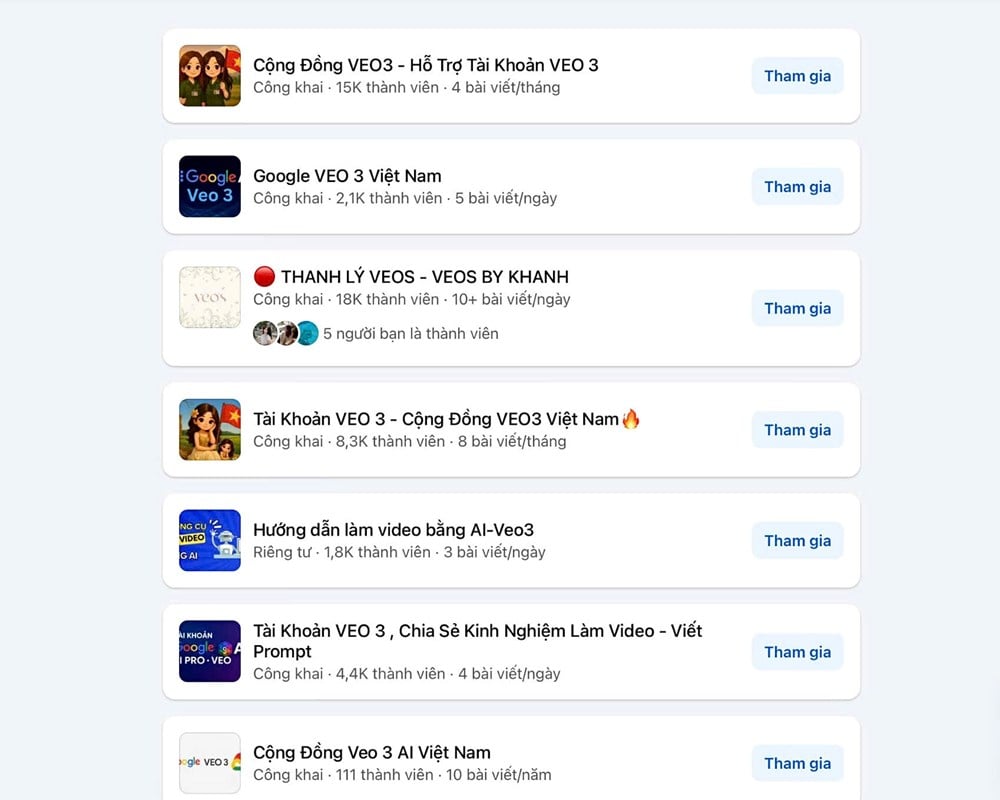
However, behind that are a lot of "junk" videos created just to attract views: from fake, sensational advertisements, to obscene, offensive content or misinformation.
Many videos use cartoon characters or children's voices to say vulgar words, and put sensitive images into a playful context, making it difficult for viewers to distinguish right from wrong.
Some clips even deliberately create anti-educational scenarios, promoting deviant behavior under the guise of "entertainment".
More worryingly, some individuals have publicly provided instructions on how to combine Veo 3 with third-party software to merge faces and voices of acquaintances, thereby creating fake videos with the purpose of attacking, defaming, or making fun of.
These videos go viral on TikTok, YouTube Shorts, Facebook Reels... and are often received with likes and shares without anyone realizing the harm they cause.
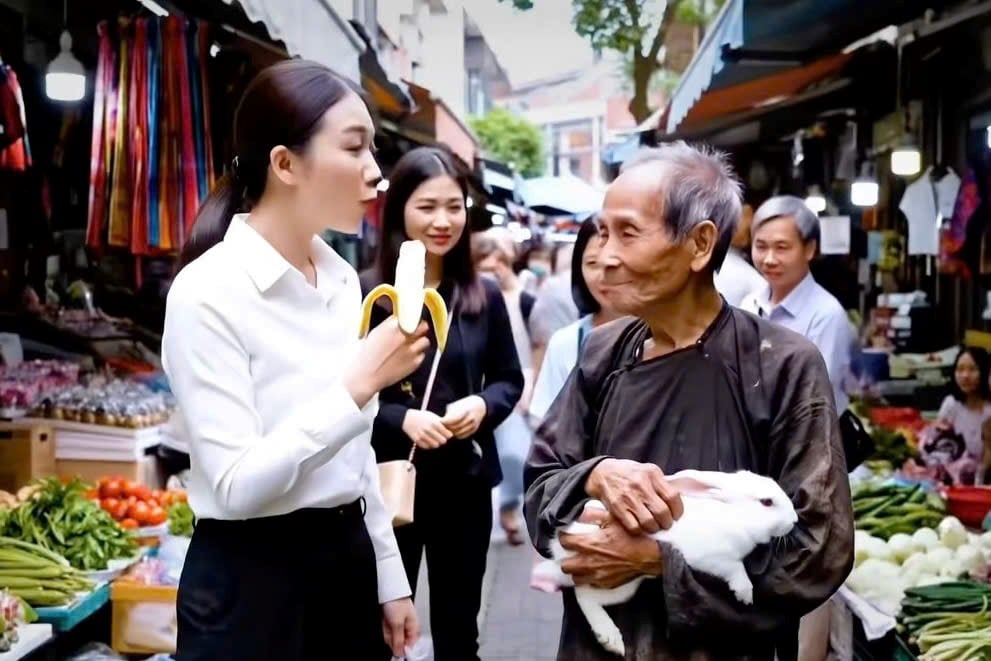
According to experts, frequent exposure to false and harmful content causes young people to gradually lose the ability to distinguish between real and fake, right and wrong. Many children also imitate the way of speaking and behaving in “nonsense” videos as a new language of social networks.
If not addressed promptly, these deviant videos can silently reshape the perceptions, behaviors, and habits of an entire generation.
As an expert in the technology field, Mr. Le Hoai Trung, Director of Vietcast Company Limited, warned: “The danger is that many people are assuming that AI is an absolutely reliable source of knowledge. When popular AI is trained from official data that is not deep enough or limited, users still trust it without verifying it. Gradually, they will stop thinking critically and no longer have the habit of thinking for themselves. AI can provide information, but cannot replace human intelligence.”
Source: https://baovanhoa.vn/nhip-song-so/video-ao-he-luy-that-142773.html












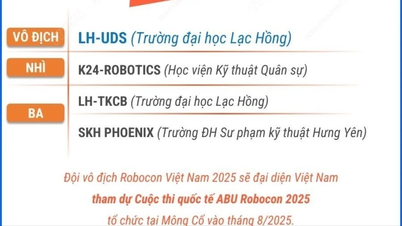

































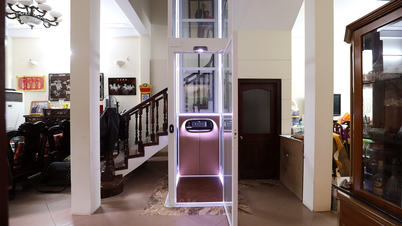




























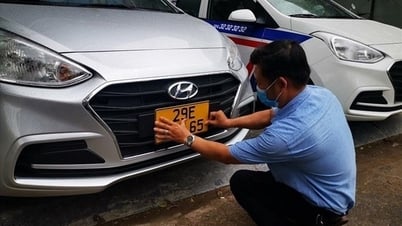




















Comment (0)